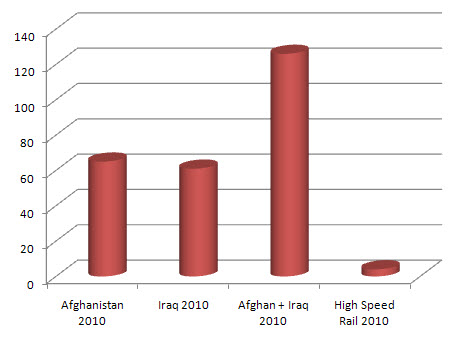Ashleigh Banfield has finally gotten hired back to work at a major network, after losing her job at MSNBC in 2003 for speaking out against the U.S. invasion of Iraq. Here's what she had to say back in 2003, which caused her to lose her job. She is speaking of what you are not shown by the news media when the nation is at war:
What didn't you see? You didn't see where those bullets landed. You didn't see what happened when the mortar landed. A puff of smoke is not what a mortar looks like when it explodes, believe me. There are horrors that were completely left out of this war. So was this journalism or was this coverage-? There is a grand difference between journalism and coverage, and getting access does not mean you're getting the story, it just means you're getting one more arm or leg of the story. And that's what we got, and it was a glorious, wonderful picture that had a lot of people watching and a lot of advertisers excited about cable news. But it wasn't journalism, because I'm not so sure that we in America are hesitant to do this again, to fight another war, because it looked like a glorious and courageous and so successful terrific endeavor, and we got rid oaf horrible leader: We got rid of a dictator, we got rid of a monster, but we didn't see what it took to do that.
Banfield also has some critically important things to say about the "
Fox News effect" (the patriotizing and glorification of war).
Reading this Huffpo post about Banfield reminds me of this post
featuring similar comments by Amy Goodman. It also reminds me how
Phil Donahue also lost his job at MSNBC for being critical of the Iraq invasion (
more about Donahue's views here). These sorts of firings are actually predictable. The documentary "
War Made Easy" reminds us that hawks close ranks around Presidents who start wars and they also put tremendous pressure on networks to do the same. Banfield's story reminds us that we need to strive to keep dissenting voices prominent during times of war because something about war makes us insanely fearful and even less able to reason than in times of peace. It is during times of war that we become collectively willing to let ourselves run amok wrapped in the flag.

